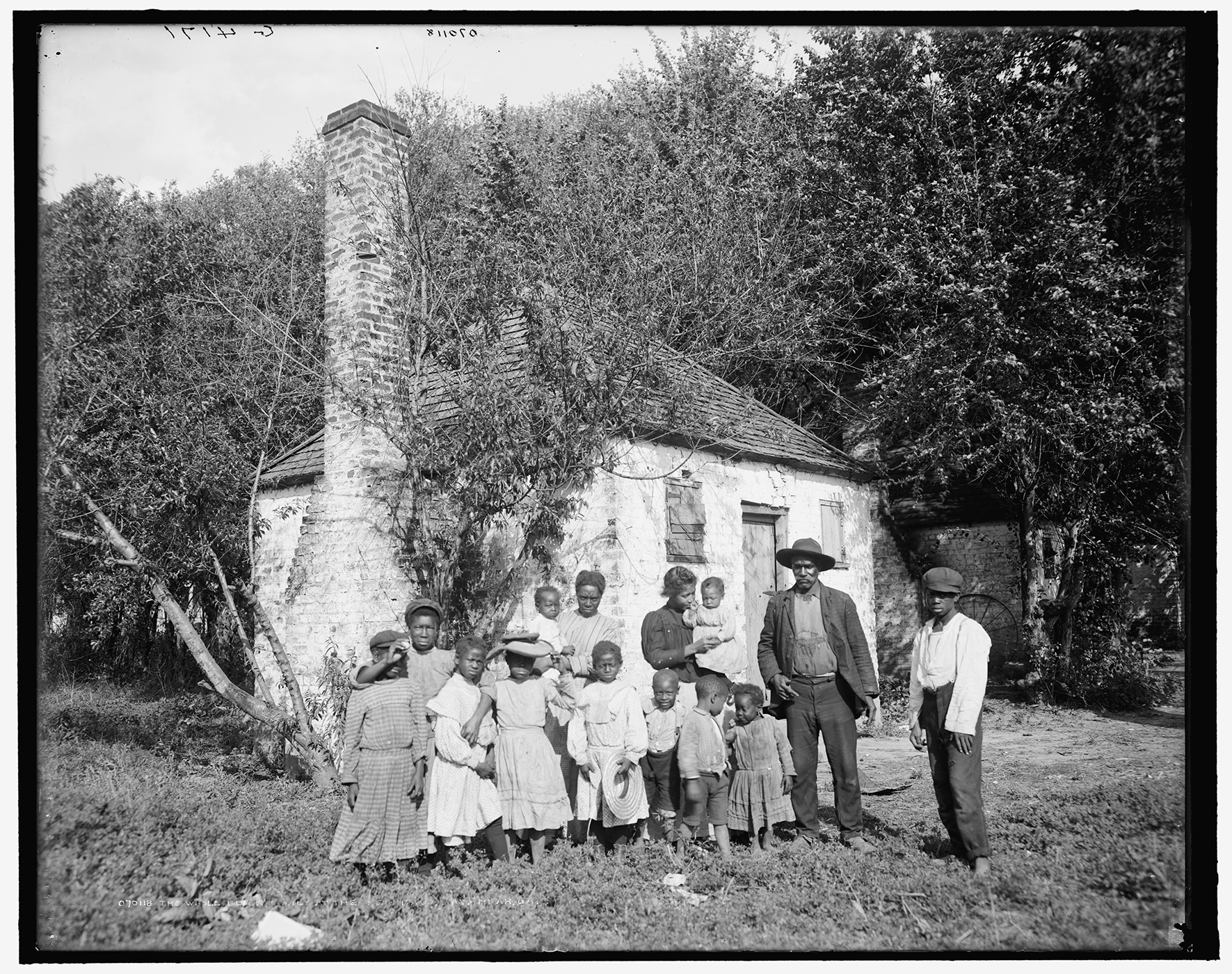
Genealogical research is one of the most difficult and time-consuming types of research to do, but also one of the most rewarding. The objective for genealogical research is to link people of the past to people of the present. For the white families, this research can be done using census data, marriage records, vital records and other official or government forms. The same information was recorded for enslaved people, contrary to popular belief, but it was kept in other places such as: plantation management records, “Slave Rolls,” unofficial birth and death records, tax documents, Bills of Sale and probate records. Other places to find genealogical information are ex-slave narratives, census data, records of work schedules, food rations and clothes, cloth and shoe distributions.
The information I have complied has the opportunity for exciting and expansive genealogical research, especially for matched sites. One of my goals for matched sites is to be able to pair them to other historical records and bring their stories to present day.

